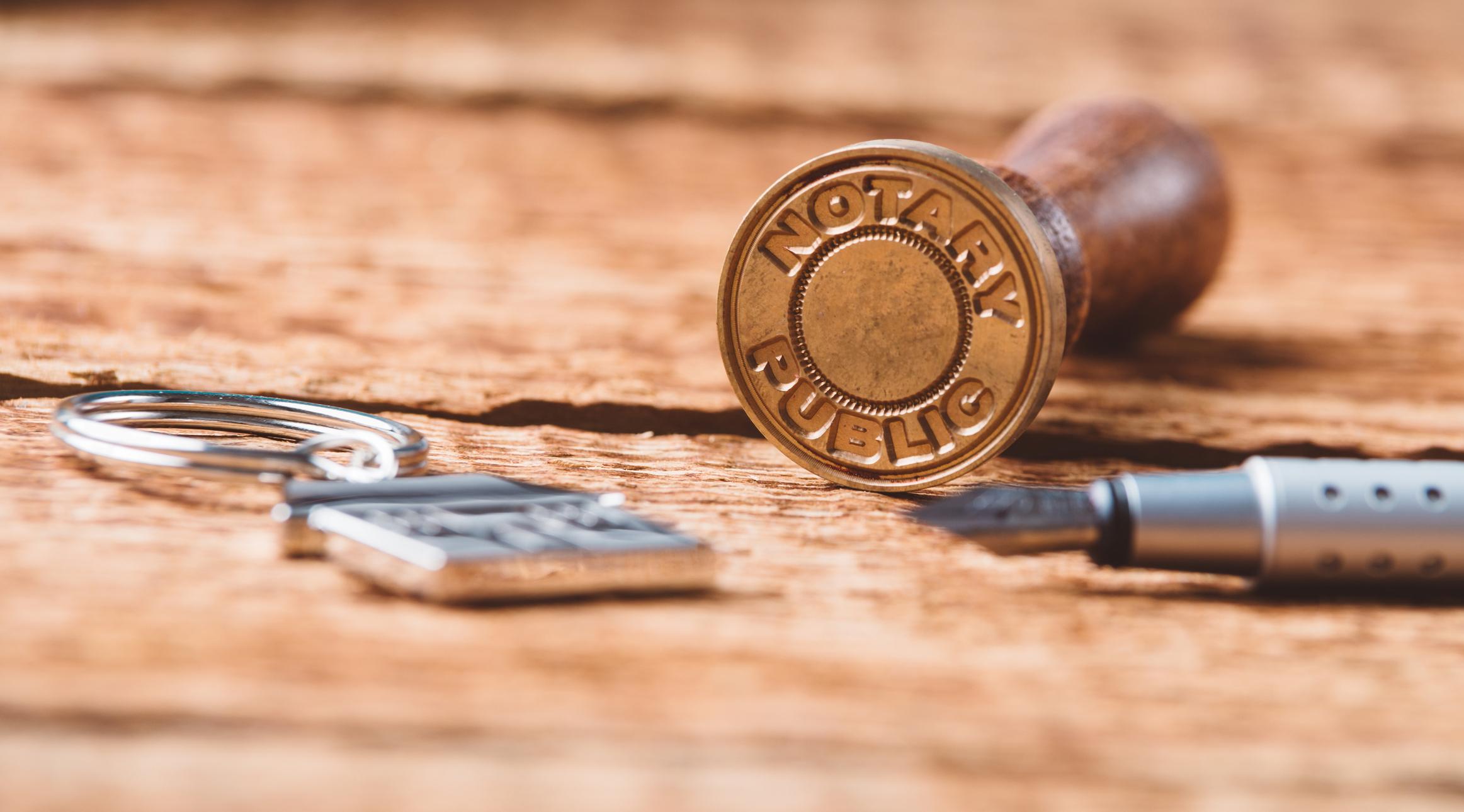Deceased Estate Administration: Managing Properties and Affairs After Passing
Deceased Estate Administration: Managing Properties and Affairs After Passing
Blog Article
Demystifying Notarial Job: Streamlining the Role and Relevance of Notaries
In the intricate web of legal documentation and verification, notaries stand as pillars of guarantee and authenticity. Their function, often shrouded in secret for several, carries significant weight in ensuring the credibility and stability of vital documents. As guardians of legitimacy and fact, notaries play an essential part in our culture, yet their job is not always completely understood. By unwinding the complexities bordering notarial techniques and losing light on the relevance of their acts, a more clear understanding arises of the important function notaries play in maintaining the material of contractual and legal arrangements.
The Background of Notarial Job
The background of notarial work days back to old worlds, where scribes played a vital role in videotaping important info and verifying documents. This led to the advancement of notaries, people assigned by the state to act as unbiased witnesses in legal issues.
Throughout the Center Ages, notaries acquired prestige in Europe, with their features broadening to include preparing lawful records, certifying trademarks, and maintaining documents. The rise of international trade better highlighted the importance of notarial job in verifying agreements and arrangements throughout borders.
In the contemporary era, notaries continue to play an essential duty in legal and service purchases by verifying identities, validating the authenticity of documents, and avoiding fraud. Their function in accrediting the credibility of contracts adds a layer of safety and trust fund to the ever-evolving landscape of commerce and regulation.

Obligations and Duties of Notaries
Notaries play an important duty in confirming the credibility of documents and the identity of signatures. One of their primary duties is to witness the finalizing of essential records, such as wills, agreements, and acts, to guarantee that all events are entering into agreements intentionally and voluntarily.
They certify copies of original documents, offering assurance to institutions that the duplicates are real replicas of the originals. Overall, the tasks and obligations of notaries are essential in protecting the integrity and legality of various documents and transactions - Notary.
Notarial Certificates and Signatures
Exemplifying meticulous focus to detail, notarial certifications and trademarks act as crucial parts in confirming the credibility of legal files. Notarial certifications typically have important information such as the date of notarization, the names of the notaries, a summary of the paper, and the notary's official seal. These certifications provide a clear record of the notarial act, guaranteeing that the document can be conveniently determined and traced back to the notary that managed the process.
Signatures play a pivotal role in notarial work, as they symbolize the contract and consent of the events involved. Notaries thoroughly witness the finalizing of files to validate the identification of the notaries and validate that they are signing of their very own complimentary will. By attaching their main seal and signature to the record, notaries accredit that the required treatments have actually been complied with and that the paper is valid and enforceable.
Fundamentally, notarial certificates and trademarks are the hallmark of authenticity in legal transactions, supplying assurance to all parties entailed that my response the files are reputable and binding.
Significance of Notarial Acts
Notarization Refine Described
The notarization procedure generally starts with the individual presenting the record to a notary public. When the identification is validated, the notary makes sure that the private signing the document does so willingly and without any kind of browbeating.

Final Thought

Notarial certificates commonly consist of crucial info such as the day of notarization, the names of the signatures, a description of the file, and the notary's official seal. These certificates offer a clear document of the notarial act, making certain that the document can be easily recognized and traced back to the notary who managed the procedure.
By affixing their official seal and signature to the record, notaries certify that the needed procedures have been adhered to and that the record is enforceable and legitimate.
By verifying the identity of the signatories, verifying their desire to enter right into the arrangement, and licensing the day and location of the signing, notaries play a vital duty in supporting the validity of legal files.After the file is signed, the notary will certainly fasten their main seal or here are the findings stamp onto the paper.
Report this page